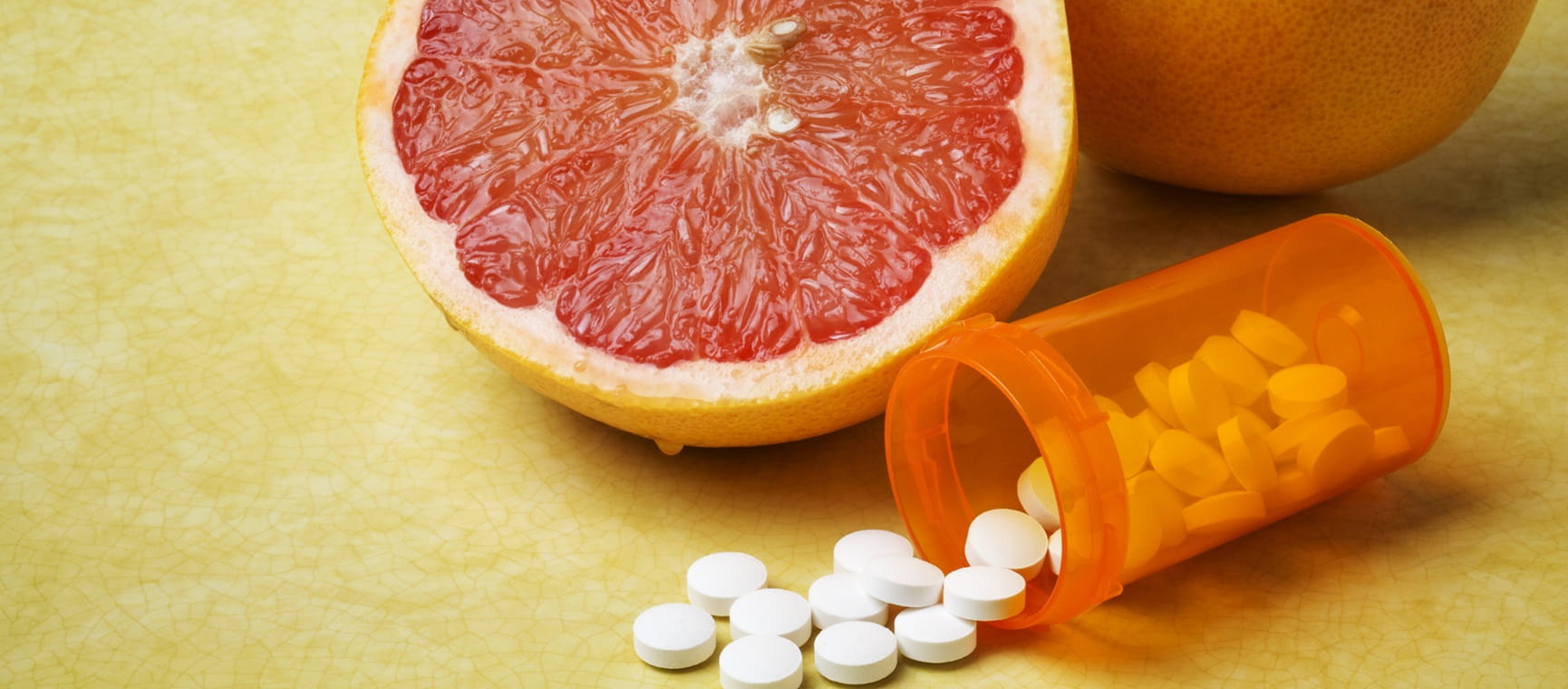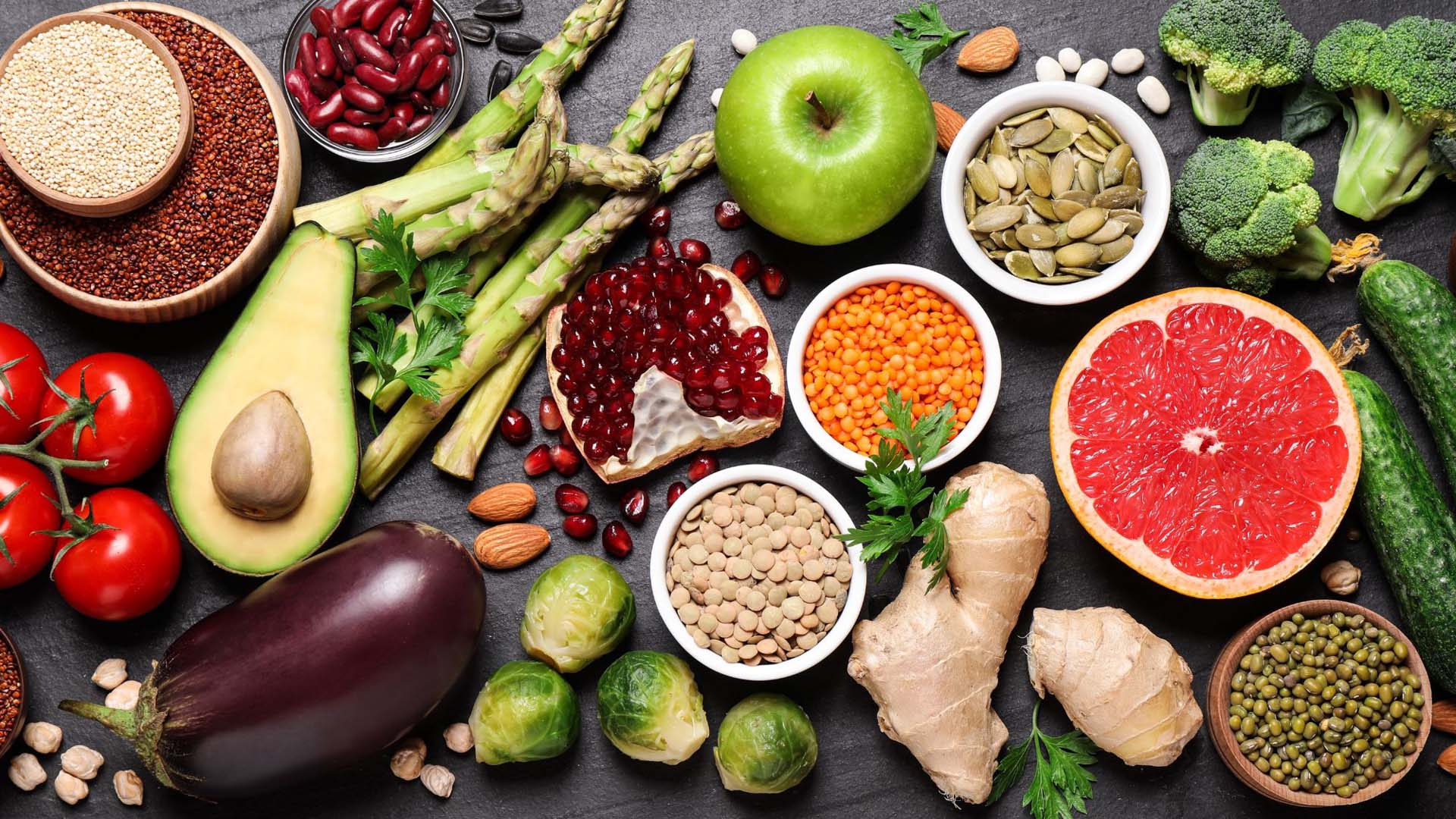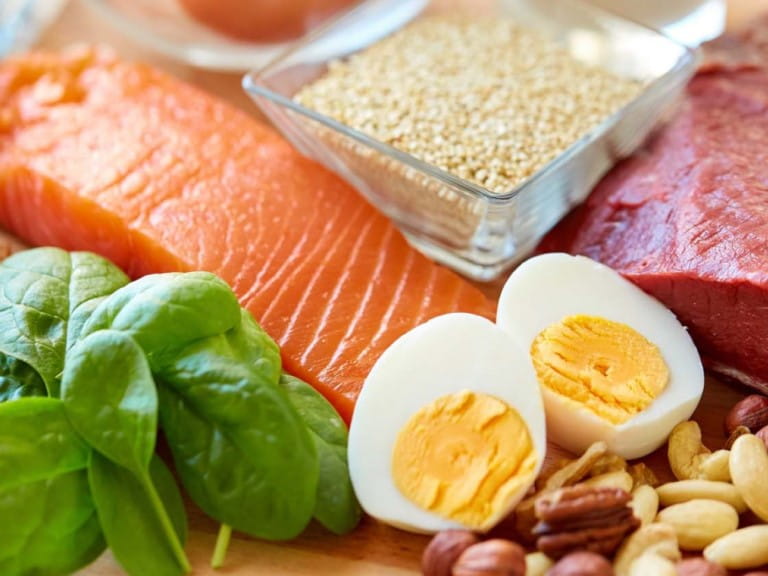Could caffeine reduce body fat and diabetes risk?
Research says it does, but we get the expert advice.

Research says it does, but we get the expert advice.

Tea and coffee-lovers may have been cheered by the news of research suggesting that high levels of caffeine in the blood may reduce body fat and risk of type 2 diabetes.
The study, published in the British Medical Journal Medicine, found that high blood caffeine levels are also linked to having a healthier weight.
They said this finding explains some, though not all, of the reduced risk of diabetes, since type 2 diabetes is linked to being overweight.
And they called for further research into whether calorie-free caffeinated drinks (such as coffee without milk or sugar) could be useful in reducing the risk of obesity and type 2 diabetes.
But is caffeine really good for you? Saga Magazine spoke to Dr Sunni Patel – a nutritional therapist who researches type 2 diabetes and heart disease, and the founder of health coaching and food education platform Dish Dash Deets – for his take on the findings.
"This study shouldn't mean, if you don’t drink coffee – start, and if you drink coffee – drink more."
He said that whilst this is an interesting study that adds to our knowledge and confirms earlier findings about caffeine, he is cautious about whether it could mislead people.
The study didn’t look at how much tea or coffee people actually drank. Instead, it looked at two genetic variations which are known to lead to higher caffeine levels in the blood (because coffee is removed from the body more slowly). It used those as a way of comparing people with higher and lower caffeine levels.
This technique can also be useful because it strips out other factors that might confuse the results (for example, people who drink more coffee might smoke more, or eat more biscuits).
Dr Patel says: “This study helps us to understand possible associations (not causes) of substances within our body and risk factors."
"This shouldn’t be a study that people take to mean ‘if you don’t drink coffee – start, and if you drink coffee – drink more.’”

He also notes that the research didn’t find that caffeine reduced the risk of heart disease, even though it shares some of the same risk factors as obesity and diabetes.
“We can’t say caffeine is a wonder drug,” adds Dr Patel. “We shouldn’t forget far more effective lifestyle strategies for managing diabetes and weight – the biggest being diet and movement, which have both been found to substantially reduce the risk of both conditions.”
He also says there are limitations to this study, such as the fact that it only looked at people of European origin.
There are no official recommendations in the UK for caffeine intake, although pregnant women are advised to have less than 200mg per day (there’s typically 100mg in a mug of instant coffee, 140mg in a mug of filter coffee, or 75mg in a mug of tea). The British Heart Foundation says a moderate amount of tea or coffee (four or five cups a day) should be fine for most people.
Dr Patel warns that increasing your caffeine intake can have harmful effects for some people - for example, people with anxiety, insomnia or high blood pressure may notice worsening of their symptoms.
“Caffeine is still likely one of the most readily available addictive substances, so always consume it in moderation.
"Maintaining a healthy weight, eating a balanced diet, and staying active are ways to lower your type 2 diabetes risk."
Many coffee-based drinks are also higher in sugar than you might think – especially the versions available from high street coffee shops, which tend to be flavoured with syrups.
Dr Patel says: “A lot of these syrups are calorific and have a high sugar content.
"This would influence glucose and insulin levels, which is important to balance in people with obesity and/or those with or at risk of diabetes.”

Following their findings, the researchers said it is now worth exploring if calorie-free caffeinated drinks should be used to reduce obesity and type 2 diabetes.
Research communications manager at Diabetes UK, Dr Faye Riley, says: “This study is an interesting addition to the evidence on the links between caffeine, bodyweight and type 2 diabetes.
"We still need to understand how this translates into practical advice for people trying to reduce their risk of type 2 diabetes.
“However, there is plenty of evidence to show that maintaining a healthy weight, eating a balanced diet and staying active are effective ways to lower your risk of the condition.”
Gemma Harris has been a journalist for more than seven years and is a self-confessed health and wellbeing enthusiast, which led her to specialise in health journalism. During her career, she has worked with top editors and publications in the industry.

Expert nutritionists break down the most important foods to eat in each decade as we get older.

We reveal the 7 best tinned foods to supercharge your health while saving you time and money.

From ketchup to mayo – how healthy are your sauces? We find out the pitfalls and surprising benefits of our favourite condiments.

Could honey be the sweetest way to supercharge your health this year? Our experts explain the benefits and which to buy.

Our expert guide to the common foods you shouldn't mix with prescription drugs.

Experts reveal whether chilled supermarket soups are worth the extra cost and if some flavours are better for you than others.

Looking after your gut health could be one of the biggest things that you can do for your overall health. Here are the best foods to keep your gut happy.

The foods that could help you live longer and protect against chronic illness.



Everything you need to know about protein, from how it benefits your body to the best high-protein foods – and how much you really need.